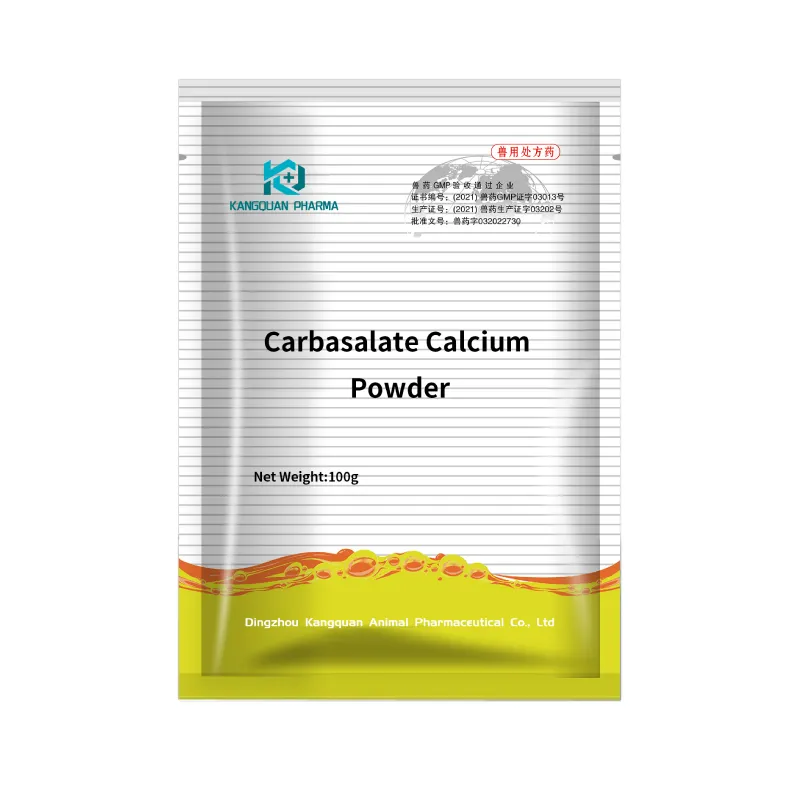- Afrikaans
- Albanian
- Amharic
- Arabic
- Armenian
- Azerbaijani
- Basque
- Belarusian
- Bengali
- Bosnian
- Bulgarian
- Catalan
- Cebuano
- Corsican
- Croatian
- Czech
- Danish
- Dutch
- English
- Esperanto
- Estonian
- Finnish
- French
- Frisian
- Galician
- Georgian
- German
- Greek
- Gujarati
- Haitian Creole
- hausa
- hawaiian
- Hebrew
- Hindi
- Miao
- Hungarian
- Icelandic
- igbo
- Indonesian
- irish
- Italian
- Japanese
- Javanese
- Kannada
- kazakh
- Khmer
- Rwandese
- Korean
- Kurdish
- Kyrgyz
- Lao
- Latin
- Latvian
- Lithuanian
- Luxembourgish
- Macedonian
- Malgashi
- Malay
- Malayalam
- Maltese
- Maori
- Marathi
- Mongolian
- Myanmar
- Nepali
- Norwegian
- Norwegian
- Occitan
- Pashto
- Persian
- Polish
- Portuguese
- Punjabi
- Romanian
- Russian
- Samoan
- Scottish Gaelic
- Serbian
- Sesotho
- Shona
- Sindhi
- Sinhala
- Slovak
- Slovenian
- Somali
- Spanish
- Sundanese
- Swahili
- Swedish
- Tagalog
- Tajik
- Tamil
- Tatar
- Telugu
- Thai
- Turkish
- Turkmen
- Ukrainian
- Urdu
- Uighur
- Uzbek
- Vietnamese
- Welsh
- Bantu
- Yiddish
- Yoruba
- Zulu
نومبر . 30, 2024 04:36 Back to list
ivermectin for cattle injectable
Ivermectin for Cattle Injectable A Comprehensive Overview
Ivermectin is a widely used antiparasitic medication that has gained significant attention in veterinary medicine, particularly for its application in cattle farming. This drug belongs to the avermectin family, which is derived from the fermentation products of the soil bacterium *Streptomyces avermitilis*. Its primary function is to combat a variety of external and internal parasites that can affect the health and productivity of cattle. This article will delve into the importance, benefits, administration, and safety aspects of injectable ivermectin for cattle.
Importance of Ivermectin in Cattle Management
Cattle are susceptible to a wide range of parasites, including worms, lice, and mites, which can lead to significant health issues and economic losses in the livestock industry. These parasites can cause conditions such as weight loss, decreased milk production, and even death in severe cases. Ivermectin is effective against several types of parasites, including gastrointestinal roundworms, lungworms, and ectoparasites like horn flies and mites. By managing these pests effectively, farmers can enhance cattle health, improve productivity, and reduce overall treatment costs.
Benefits of Using Injectable Ivermectin
Injectable ivermectin offers several advantages over other forms of administration, such as oral formulations or pour-on solutions. One of the primary benefits is its rapid action; when administered by injection, ivermectin enters the bloodstream quickly, leading to a swift reduction in the parasite load. This is particularly beneficial in acute infestations where immediate action is required.
Additionally, injectable ivermectin provides a more reliable dosage compared to oral treatments, which can sometimes be affected by the animal’s feed intake or digestive efficiency. With a well-defined dosing regimen, farmers can ensure that each animal receives an adequate amount of the medication, thus maximizing its effectiveness.
Moreover, the longer residual activity of injectable ivermectin means that cattle can often remain protected from reinfestation for an extended period, which can lead to reduced treatment frequency and lower labor costs for farmers
.ivermectin for cattle injectable

Administration of Injectable Ivermectin
The administration of injectable ivermectin should be performed by a trained veterinarian or livestock handler to ensure proper dosage and technique. The drug is typically administered subcutaneously (under the skin) or intramuscularly (into the muscle), depending on the manufacturer's instructions. Dosage can vary based on the weight of the animal and the specific parasite being targeted, making it essential for farmers to weigh their cattle accurately before treatment.
Before administration, it’s prudent to conduct a thorough health assessment of the livestock to identify any possible contraindications or health concerns. Additionally, proper sterilization of needles and syringes is crucial to prevent infections or complications during the injection process.
Safety and Side Effects
Ivermectin is generally considered safe when used according to veterinary guidelines; however, like any medication, it may have side effects. Potential adverse reactions can include mild local swelling at the injection site, transient neurological signs (in rare cases), or allergic reactions. Farmers should monitor their cattle for any unusual behaviors or symptoms following treatment.
It is also vital to observe withdrawal times before slaughter or milk production, as ivermectin residues can persist in animal products. Adhering to these guidelines ensures both food safety and compliance with regulatory standards.
Conclusion
In conclusion, injectable ivermectin is a powerful tool for cattle farmers in managing parasite infestations. Its rapid action, reliable dosing, and extended protection make it a preferred choice for many livestock producers. Proper administration and adherence to safety guidelines can greatly enhance the health and productivity of cattle, ultimately leading to increased profitability for farmers. As the livestock industry continues to evolve, the use of effective antiparasitic agents like ivermectin will remain crucial for sustainable and successful cattle farming practices.
-
Guide to Oxytetracycline Injection
NewsMar.27,2025
-
Guide to Colistin Sulphate
NewsMar.27,2025
-
Gentamicin Sulfate: Uses, Price, And Key Information
NewsMar.27,2025
-
Enrofloxacin Injection: Uses, Price, And Supplier Information
NewsMar.27,2025
-
Dexamethasone Sodium Phosphate Injection: Uses, Price, And Key Information
NewsMar.27,2025
-
Albendazole Tablet: Uses, Dosage, Cost, And Key Information
NewsMar.27,2025













